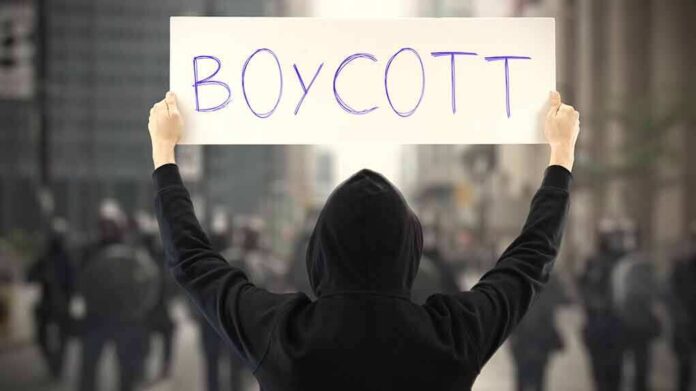
NYC Mayor-elect Zohran Mamdani’s call for a Starbucks boycott amid a nationwide strike exposes a controversial intersection of political influence and private-sector labor disputes.
Story Snapshot
- Zohran Mamdani, NYC mayor-elect, calls for a boycott of Starbucks in solidarity with striking workers.
- The strike highlights demands for fair pay and improved working conditions.
- Mamdani’s involvement marks a significant political move in labor activism.
- The boycott aims to pressure Starbucks into negotiating with unionized workers.
Mamdani’s Bold Political Stance
Zohran Mamdani, the newly elected mayor of New York City, has made headlines by urging residents to boycott Starbucks. This call comes in support of a nationwide strike by Starbucks workers, who are demanding fair compensation and better working conditions. This bold move by Mamdani underscores his alignment with progressive values and represents a direct challenge to a major corporation, positioning him as a significant political figure in labor activism.
Starbucks workers have organized a nationwide strike, citing unfair labor practices and stalled contract negotiations. The strike has disrupted service at numerous locations, drawing national attention. Mamdani’s call for a boycott aligns with the peak of this labor action, amplifying its impact and bringing further scrutiny to Starbucks’ labor practices. This significant political intervention is rare in private-sector disputes and highlights the growing influence of political figures in labor movements.
Implications of the Boycott
The boycott call by Mamdani has intensified the pressure on Starbucks, which is already facing public scrutiny and potential financial losses. In the short term, Starbucks operations are disrupted, and the company could experience a decline in revenue, particularly in major markets like New York City. In the long term, this event may accelerate unionization efforts across the service sector, setting a precedent for political involvement in labor disputes. Such developments could influence corporate strategies and labor relations nationwide.
Starbucks has defended its labor practices, stating a commitment to employee well-being while continuing to dispute union claims. However, the ongoing strike and boycott campaign are gaining traction, suggesting that political and public pressure may force the corporation to revisit its approach to labor negotiations.
Broader Political and Social Impact
This incident marks a significant moment in the relationship between politics and labor activism. Mamdani’s direct involvement could inspire similar actions by other political figures, potentially leading to a new era of political-labor alliances. While supporters argue that Mamdani’s stance is a necessary defense of worker rights, critics warn of potential overreach by political leaders in private-sector disputes, raising questions about the balance of power and influence in such matters.
The outcome of this boycott and strike will likely have lasting effects on labor movements and political strategies, shaping the future landscape of worker rights and corporate accountability in the United States.












